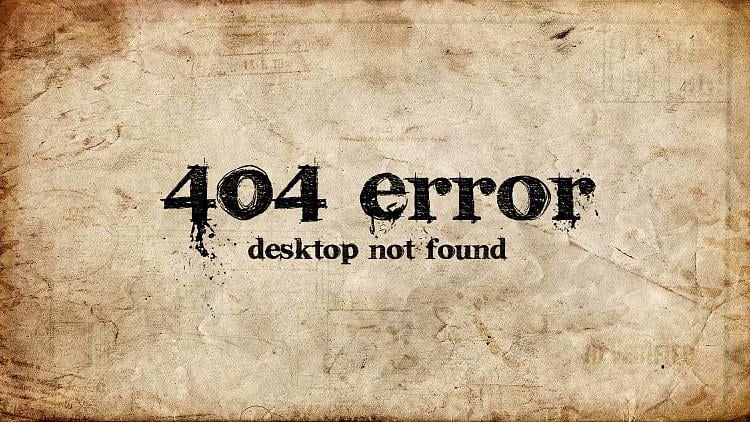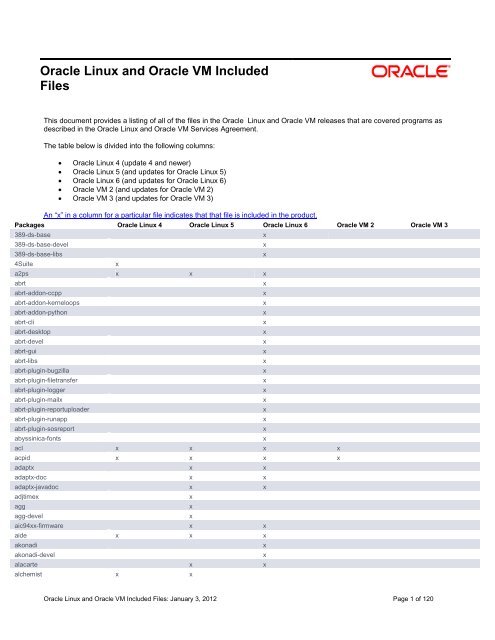Test remote javascript APIs with Capybara and puffing-billy »
- Oct 18, 2012 That should have build and installed the netatalk package, and told the debian packaging system to not replace it if a new version appears in the online repositories. The only netatalk service I’m interested is the file sharing one, so the rest can be turned off in /etc/default/netatalk.
- As of 2015-08-18, this project can be found here. Downloads: 13,927 This Week Last Update: 2015-08-18. Get project updates, sponsored content from our select partners, and more.
- Mininet-WiFi supports Python3. This seems to be a problem with internal packages than any other thing. Worth mentioning that Ubuntu 20.04 does not (natively) support Python2 anymore. So you may want to install pip3. Unless there is a good reason to use Python2. – Ramon Fontes May 27 '20 at 23:29.
Cracklib2dev Not Found Meaning
Package: cracklib-runtime Version: 2.7-8 cracklib-runtime fails the postinst if it does not find /etc/cron.daily/cracklib. This means that on my system, where this file has been moved to cron.weekly with dpkg-divert (which dpkg honors), then the postinst will always fail, even though I.
Testing remote APIs is easy in Ruby. Libraries like webmock, vcr andartifice give you all the tools you need to ensure that you’re sending theright requests to the right remote endpoints.
However, it becomes a lot more difficult when it’s your Javascript codethat’s making the requests. Using requests specs with Capybara gives you loadsof tools to control the browser, but it doesn’t let you stub or mock responsesto requests that originate from within the browser.
This is where puffing-billy saves the day. It’s a request stubbinglibrary for browsers. It spawns a HTTP(S) proxy server that it uses tointercept requests from your browser. Using simple webmock-alike syntax, youcan configure the proxy to send fake responses to requests for specific URLs.
For example, the following is a simple piece of javascript code that fetchesthe temperature for Bath, UK from the openweathermap.org service.
And this is a request spec for that snippet. Note how it easily fakes JSONPdata and error responses.
puffing-billy supports HTTP and HTTPS requests and all common HTTP verbs.Go check it out on GitHub now!
Whole document tree
cracklib2 is a library containing a C function which may be used in a passwd like program. The idea is simple: try to prevent users from choosing passwords that could be guessed by crack by filtering them out, at source. cracklib2 is not a replacement passwd program. cracklib2 is a library.
cracklib-runtime contains run-time support programs which use the shared library in cracklib2 including programs to build the password dictionary databases used by the functions in the shared library.
Index
- Debian
cracklib2utilities.- Debian
cracklib2dictionary utilities. - Debian
cracklib2test utilities.
- Debian
Debian cracklib2 utilities
Debian cracklib2 dictionary utilities.
crack_mkdict
Synopsis
crack_mkdict file ...Description
crack_mkdict takes a list of ASCII files each containing a list of words, one per line, It lowercases all words, removes control characters, and sorts the lists. It outputs the cleaned up list to standard output.
If you supply massive amounts of text to crack_mkdict you must have enough free space available for use by the sort command. If you do not have 20Mb free in /var/tmp (or whatever temporary area your sort command uses), have a look at the /usr/sbin/crack_mkdict program which is a sh program. You can usually tweak the sort command to use any large area of disk you desire, by use of the -T option. crack_mkdict has a hook for this.

crack_packer
Synopsis
crack_packer cracklib_dictpathDescription
crack_packer reads from standard input a list of sorted and cleaned words and creates a database in the directory and prefix given by the command line argument cracklib_dictpath. Three files are created with the suffixes of .hwm, .pwd, and .pwi. These three files are in the format that the FascistCheck subroutine, crack_unpacker, crack_testlib, crack_testnum, and crack_teststr utilities understand. The number of words read and written are printed on stdout.
crack_unpacker
Synopsis
Cracklib2 Dev Not Found Guilty
crack_unpacker cracklib_dictpathDescription
crack_unpacker reads from the database in the directory and prefix given by the command line argument cracklib_dictpath and outputs on standard output the list of words that make up the database.
Debian cracklib2 test utilities.
These are command line interactive utilities to test the installed cracklib dictionary. Each take one string or number per line. Enter ^C when done.
crack_testlib
Synopsis
crack_testlib Description
crack_testlib tests if the input string will be accepted as a valid password by the installed cracklib2dictionary using the FascistCheck subroutine.
crack_testnum
Synopsis
crack_testnum Description
crack_testnum tests if the input integer is an index to a word in the installed cracklib2 dictionary and returns the word if found.
crack_teststr
Synopsis
crack_testnum Description
crack_teststr tests if the input string is in the installed cracklib2 dictionary and returns its index number if found.
Debian dictionaries


cracklib2 uses a word database that is in a binary format generated by the utilities crack_mkdict and crack_packer. Three files are created with the suffixes of .hwm, .pwd, and .pwi. These files are not byte-order independent, in fact they are probably architecture specific, mostly due to speed constraints.
Compiled database location for cracklib test utilities.
The dictionary test utilities have the location of the dictionary database hard-coded into them. On a Debian system the database is located in the directory /var/cache/cracklib/cracklib_dict and is generated daily with the program /etc/cron.daily/cracklib. The location is also defined in the header file crack.h using the constant CRACKLIB_DICTPATH None of the subroutines in the cracklib libraries have this location hard-coded into their implementations.
Word lists for creating dictionary databases.
cracklib2 is only as good as the word dictionary database you create. Basically, you want to include any word that a malicious user could guess. It could include:
- Names (including nicknames and user ids) of all users.
- Names of pets, relatives, cars, ... of all users.
- Computer, network, printer, ... names.
- Insurance numbers, employee numbers, ... of users.
- ...
Debian provides a number of word lists that can be used as sources for creating the cracklib2 dictionary database. The package wenglish provides a standard ASCII word list that can be directly used. The package ispell also supplies a large word list but it is in binary format. I haven't figured out how to decode this binary format so that the resulting word list can be used by cracklib2.
I plan to add the word list that comes with crack when I package it.
Here is a site that has dictionaries for a number of non English languages as well as names.
Copyright © 1998, 1999 Jean Pierre LeJacqDistributed under the GNU GENERAL PUBLIC LICENSE.
 last-modified: Wed, 3 Oct 2001 00:37:09 +0000
last-modified: Wed, 3 Oct 2001 00:37:09 +0000 